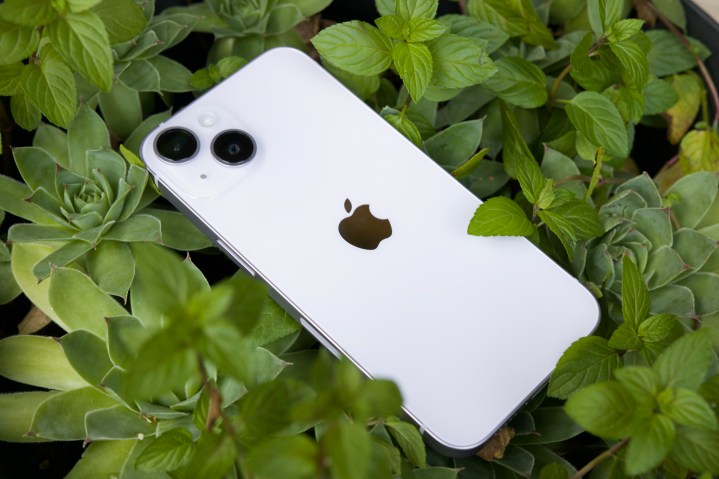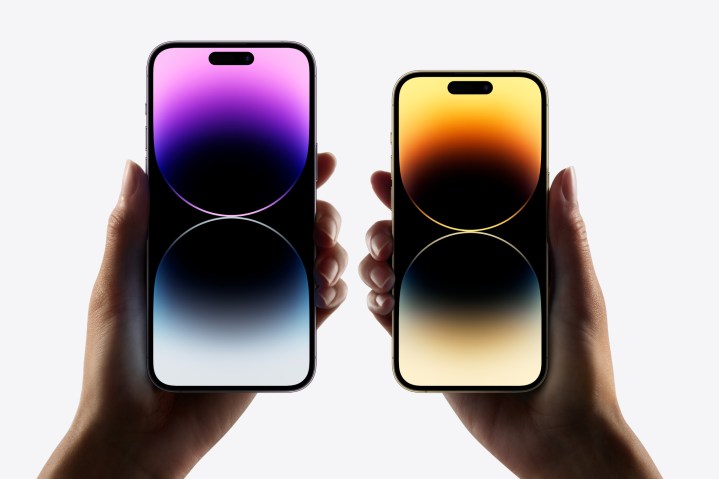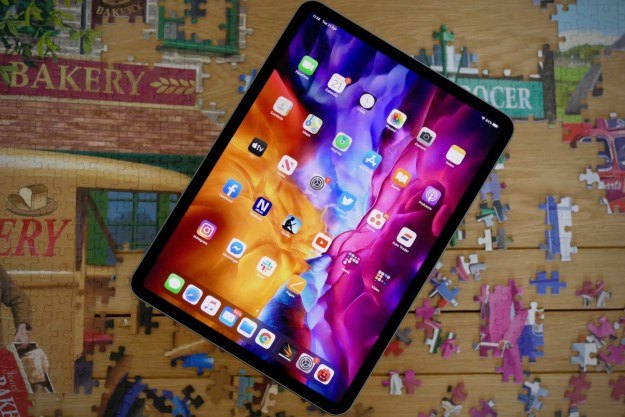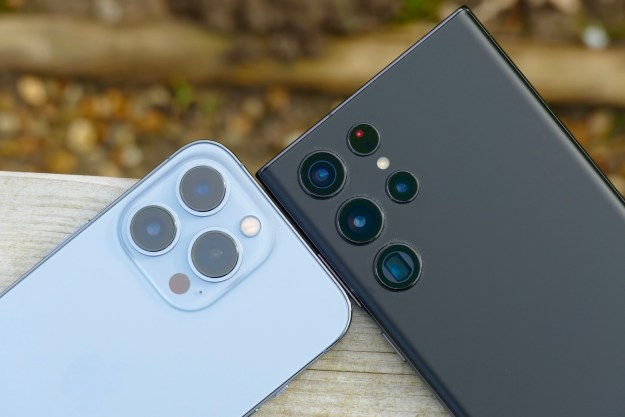When purchasing a new smartphone, the device’s durability is a major factor for many buyers, especially if the phone is on the pricier side of things. The iPhone 14 starts at $799 and only goes up in price from there depending on the desired specs. Because of how costly it is to stay current with Apple tech, those looking to buy in want to make sure that the iPhone 14 is able to withstand at least some degree of wear and tear — including potential waterproofing.
Obviously, ensuring that the iPhone 14 is able to survive a drop or hit is key to measuring its overall durability, but its water resistance can be the difference between needing a costly replacement and keeping the phone in working order for years. Smartphones have really upped their game in recent years when it comes to water resistance, but not all phones are created equally. Luckily, the ingress protection (IP) code is a handy tool for measuring a piece of tech’s water and particle resistance that can help you compare and contrast between different models.
Are the iPhone 14 and 14 Plus waterproof?

The iPhone 14 and 14 Plus share an IP rating of IP68. Here’s a quick breakdown of how the code works: The two numbers represent the device’s resistance to solid particles and liquids. The first number rates solid particle resistance, and it’s based on a scale of 0 to 6 while the second number rates liquid resistance and runs from 0 to 9. Based on that metric, the iPhone 14 and 14 Plus are about as airtight as you can make a smartphone.
The 6 in its IP rating means that the iPhone 14 and iPhone 14 Plus are “dust-tight” and completely resistant to small solid particles like dust or sand. This means you don’t have to worry about potential damage to your device from getting it dirty. If it does end up dirty, however, you’re able to wash it off with water. How so? The 8 in the IP68 rating denotes that the iPhone 14 and 14 Plus are cleared for total immersion in fresh water for up to 30 minutes at a maximum depth of roughly 19 feet (6 meters).
Are the iPhone 14 Pro and 14 Pro Max waterproof?

The iPhone 14 Pro and 14 Pro Max are also rated IP68, which means that they’re dust-tight and water resistant for 30 minutes at a maximum depth of 19 feet, just like the base iPhone 14 and 14 Plus. IP68 has become the industry standard for most of the leading smartphone manufacturers’ flagships, and Apple devices have been rated IP68 since the iPhone 11.
While the rating means that the devices are totally dust-tight, it’s important to note that the conditions they’re tested in aren’t completely one-to-one with the ones you may find in the real world with your iPhone. For example, if your display has any sort of crack, you’re at a much higher risk of internal damage from foreign particles than if the screen were in perfect condition.
Is the iPhone 14 resistant to salt water?
While the IP68 rating for the iPhone 14 family says that they’re all good for exposure to fresh water, it’s a little ambiguous about other kinds of liquids. Questions regarding how well devices hold up in salt water are frequently asked as a result. Fresh water is harmless to the iPhone 14 in the ways specified above, but salt water can have devastating effects on it. It’s a good idea, then, to pay special attention to keeping your phone dry when swimming in a salt water pool or when heading to the ocean.
Editors' Recommendations
- The best iPads in 2024: the 5 best ones you should buy
- We finally know when Apple will announce its 2024 iPads
- Best iPhone deals: Save on iPhone 15, iPhone 15 Pro Max and more
- iPhone SE 4: news, rumored price, release date, and more
- 10 iPhone productivity apps you need to download right now




